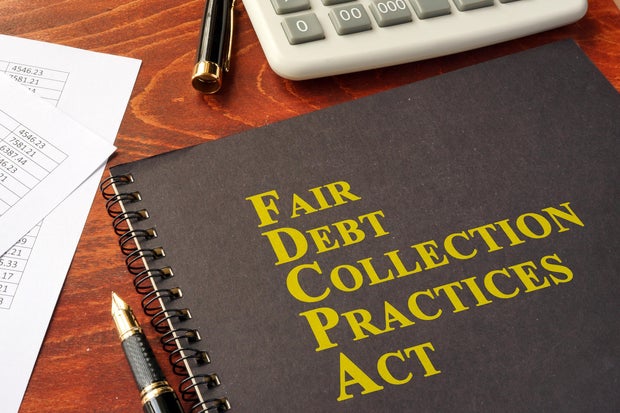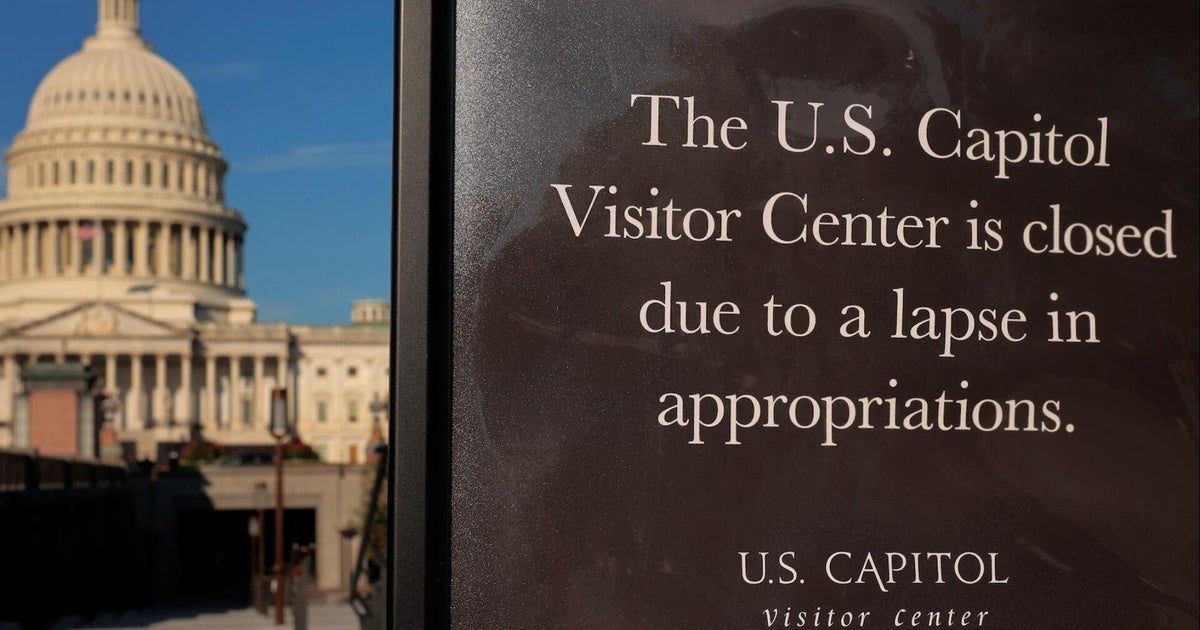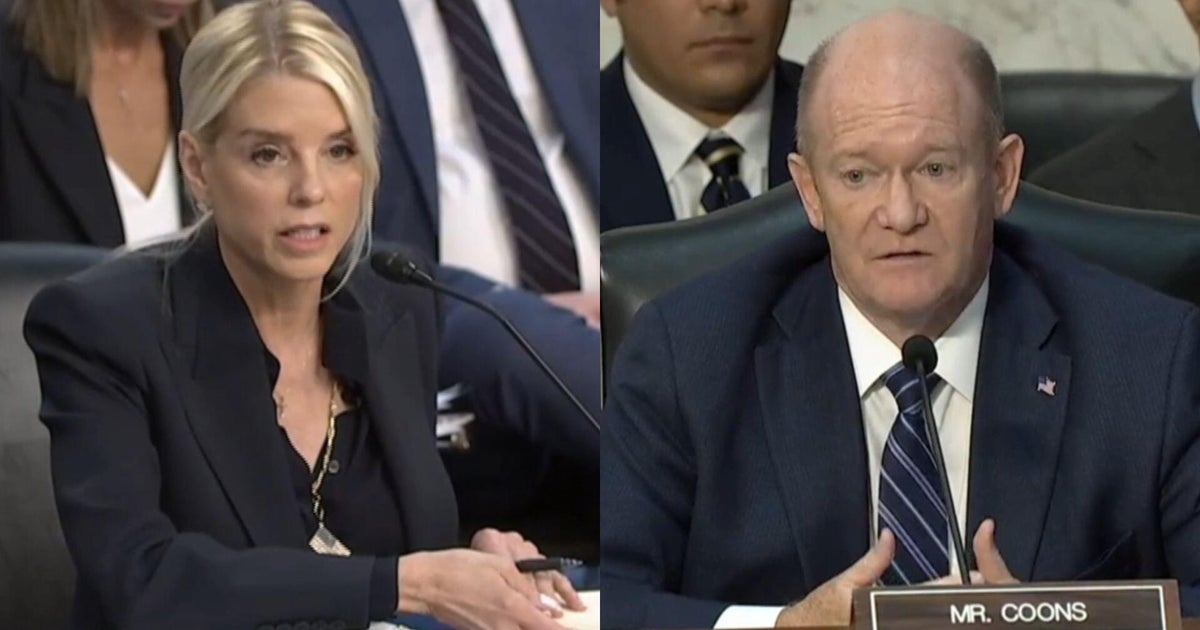 Federal law gives you a few powerful tools to fight back against unfair practices by debt collectors.
Getty Images/iStockphoto
Federal law gives you a few powerful tools to fight back against unfair practices by debt collectors.
Getty Images/iStockphoto
When a debt collector reaches out, it can be unsettling, even if you knew that you'd defaulted on your obligations and were expecting the call. Between the pressure to pay, the perceived urgency of the situation and the frequency of the debt collection attempts, this situation can feel more intimidating than it otherwise should. But the reality is that debt collectors don't hold all the power, even when you're behind on your debts.
Debt collection is simply a routine part of the credit ecosystem, especially in tough economic landscapes, like the one we're facing right now. Between credit card balances sitting at a collective record-high, default rates climbing, and the recent uptick in late payments and bankruptcy inquiries, it's clear that many borrowers are struggling to stay on top of their debt. And for many, the debt collection issues are piling up.
But if you're one of those borrowers struggling now, it's important to understand that there are rules that govern the debt collection process, and there are also protections in place to keep debt collectors in check. Knowing what those rights are can help you avoid paying debts you don't owe, stop harassment and even set the stage for negotiating a fair resolution.
Find out how you can get rid of your collection debt now.
3 important rights you have during the debt collection process
The Fair Debt Collection Practices Act (FDCPA) gives consumers specific protections when third-party debt collectors come calling. Here are three of the most powerful rights you should know about:
The right to be treated fairly — and be free from harassment
Debt collectors are legally prohibited from using abusive, deceptive or unfair tactics to try to collect a debt. Under the FDCPA, debt collectors can't threaten you with arrest, use profane or obscene language, repeatedly call you to annoy or harass you or publicly shame you over the debt, though many will still try.
Debt collection agencies also have limits on when and how they can contact you. Debt collectors typically can't call before 8 a.m. or after 9 p.m. in your local time zone, for example. They can't contact you at work if you tell them your employer doesn't allow such calls, either.
If a debt collector crosses the line, you can document their behavior and file a complaint with the Consumer Financial Protection Bureau (CFPB) or your state attorney general's office. Or, you may even have the option to pursue legal action. Debt collection harassment is taken seriously, and violations can lead to fines or damages.
Learn about the strategies you can use to get your debt issues under control.
The right to receive and dispute information
Another powerful right you have is the ability to demand proof that a debt is actually yours and that the amount is correct. Within five days of first contacting you, a debt collector must send a validation notice detailing key information, including the amount of the debt, the creditor's name and instructions on how to dispute the debt if you believe there's a mistake.
If you send a written dispute within 30 days, the debt collector must pause collection efforts until they provide you with verification. This might include account statements or other documentation showing you owe the money. This step is critical because debt collection errors are common. Debts can be sold multiple times, amounts can be inflated with interest and fees and sometimes debts are attributed to the wrong person entirely.
Disputing inaccurate debts early on in the debt collection process can protect your credit and prevent you from accidentally paying a debt you don't owe. Even if you ultimately owe part of the balance, though, the dispute process gives you leverage to ensure everything is accurate before you pay.
The right to control communication — including saying "stop"
You're not required to accept endless calls, texts or letters from collectors. You have the legal right to tell a collector to stop contacting you, either temporarily or permanently. Once you make that request in writing, they can only reach out to confirm that they won't contact you again or to notify you of specific legal action, like a lawsuit.
You can also specify how collectors can contact you. For example, if you prefer to communicate in writing rather than by phone, you can make those preferences clear. With the rise of digital communication, debt collectors must also comply with rules around email, text and social media messages. They can't post anything publicly or communicate through channels you haven't agreed to.
This right gives you breathing room to determine your next move. You can use it to take control of the pace and method of communication so you can review your options carefully, talk to a credit counselor, debt relief expert or attorney if needed, and otherwise make informed decisions without the constant pressure from a debt collector.
The bottom line
Debt collection can be intimidating, but you're not powerless in the process. Federal law gives you the right to fair treatment, accurate information and control over how collectors communicate with you. By understanding and exercising these protections, you can protect yourself from harassment, avoid paying invalid debts and navigate the situation on your own terms. The more informed you are, the more confidently you can handle any debt collection attempt that comes your way.
Angelica Leicht is the senior editor for the Managing Your Money section for CBSNews.com, where she writes and edits articles on a range of personal finance topics. Angelica previously held editing roles at The Simple Dollar, Interest, HousingWire and other financial publications.


















































